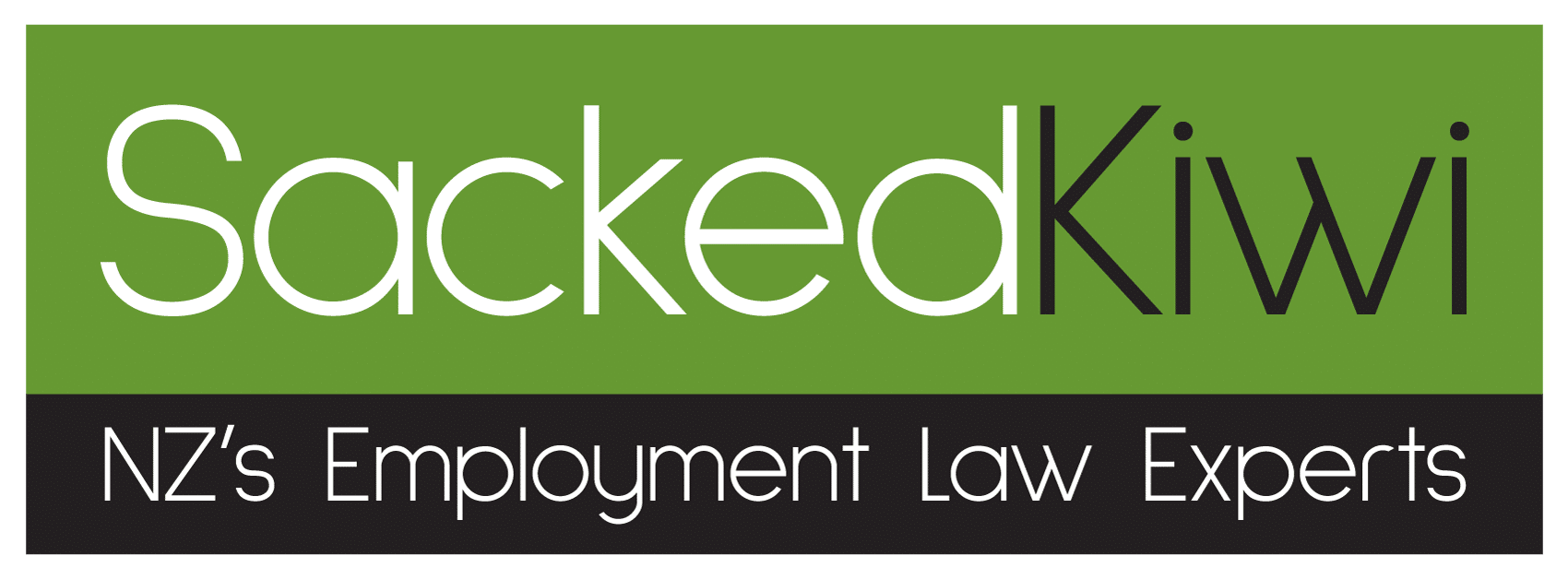Let’s get this right – you’ve been googling employment law NZ, personal grievances, can my employer really do this…. The list goes on. You read some articles, find some pretty informative stuff, but what on earth does all of this ‘legalese’ speak mean? Fear no longer and scroll on for a quick run-down of some terms/sayings/wordings/legalese to get your head around and make life a little easier.
Without Prejudice
– being able to speak openly in confidential communications without it being used against them or used as evidence in court
Calderbank offer
– “Without Prejudice Save as to Costs” an offer to settle a dispute before spending more to take the matter before the court, and taking an educated bet or chance that the award in court would be less favourable for the side being presented the offer (We offer to settle for $5000, in court normally $9000 etc)
IEA / Individual Employment Agreement
– Individual Employment agreement should be signed BEFORE starting any work.
Non-disparagement
– Simply, you won’t say anything negative about the other party in any form of communication (right down to gossiping to the wrong people)
Costs
– money to be paid for the legal service provided. We are no win no fee – if mysteriously we don’t win your case, you don’t pay anything for our time, when we win your case, we always seek to have the employer party cover the costs of our services. If you withdraw your case, we do end up having to charge you for our time, just like you pay for the petrol you’ve pumped, electricity you’ve used and the wi-fi we all live off.
Instruction
– what you tell us to do – are we instructed to act on your behalf? Are we instructed to accept or decline an offer from the other side?
PG / Personal Grievance
– the type of complaint you can make against your former or current employer for things such as unjustified dismissal, legal requirements of your job not being met, discrimination and/or harassment.
RoS / Record of Settlement
– this is the “in writing” copy of the agreed outcome from mediation or negotiations. This is signed by both parties and a MBIE Mediator. This is a legally binding document that all points must be stuck to.
Determination
– this is the agreed outcome or decision made by the court (this happens if the issue can’t or isn’t settled in mediation first so is seen before the Employment Relations Authority). This is a legally binding document, and if not stuck to, can result in monetary penalties!
ERA / Employment Relations Authority
– Employment Relations Authority: this is a tribunal established under the Employment Relations Act that helps resolve employment disputes.
Mediation
– a meeting where you and your advocate, a mediator and the employee party (and their rep if they have chosen to use one) sit and discuss the issue and see if you can come to an agreement without having to go to the ERA. These can be done over Zoom so you don’t need to worry about any travelling.
Section 149
– The Employment Relations Act section on Settlements (found here). It outlines how the record of settlement is finalised, and how if any of the agreed terms are not upheld (called a breach), the person not upholding their side can have more penalties sent their way.
Applicant
– who is making the claim (the employee, we just make it on behalf of you, and are called the Applicant’s Representative)
Respondent
– the employer (boss, manager, company etc)
s.123(1)( c)(i)
– the section of the Employment Relations Act that outlines the remedies able to be used for your case. If can range from monetary compensation, unpaid wages ordered to be paid, for your job to be reinstated/given back to you if that is what you are after and successful, ways the employer can act to avoid the situation again.
Mediation Certification
– this is when a MBIE mediator has spoken to both sides involved and made sure you understand the terms that have been agreed to. They also make sure you understand the implications and penalties if you do not uphold your end of the agreement.
Enforcement
– we deal with 3 types of enforcement – Disputes Tribunal (what was Small Claims Court), ERA Determination (if the record of settlement is breached), and Civil Enforcement (bailiff uplifting property to recover money not paid)
In breach
– when the term or clause in the legally binding settlement document is not stuck to such as compensation payment not made, if it was a requirement to provide a positive reference and this is not completed.
Early Dispute Resolution
– when the matter or issue is discussed, and an agreement is reached before it even reaches mediation.
All in all, we at Sacked Kiwi are happy to help and worry about all the legal jargon for you, but now you have more of an inkling towards what we are saying when you are cc’d into an email that looks like a different language.
Legal Disclaimer
The content posted on the Sacked Kiwis website should not be considered or relied upon as legal advice or opinion. The information presented here is not intended to serve as legal guidance. Over time, laws and regulations evolve, potentially altering the accuracy of previously shared information. Updates in jurisprudence or legislation (for example, changes to the Employment Relations Act), which could happen without immediate notice, may render the legal information on this platform outdated or obsolete. Seeking legal advice is always advisable.
Should you need employment advice, please don’t hesitate to contact us through our toll-free hotline.

